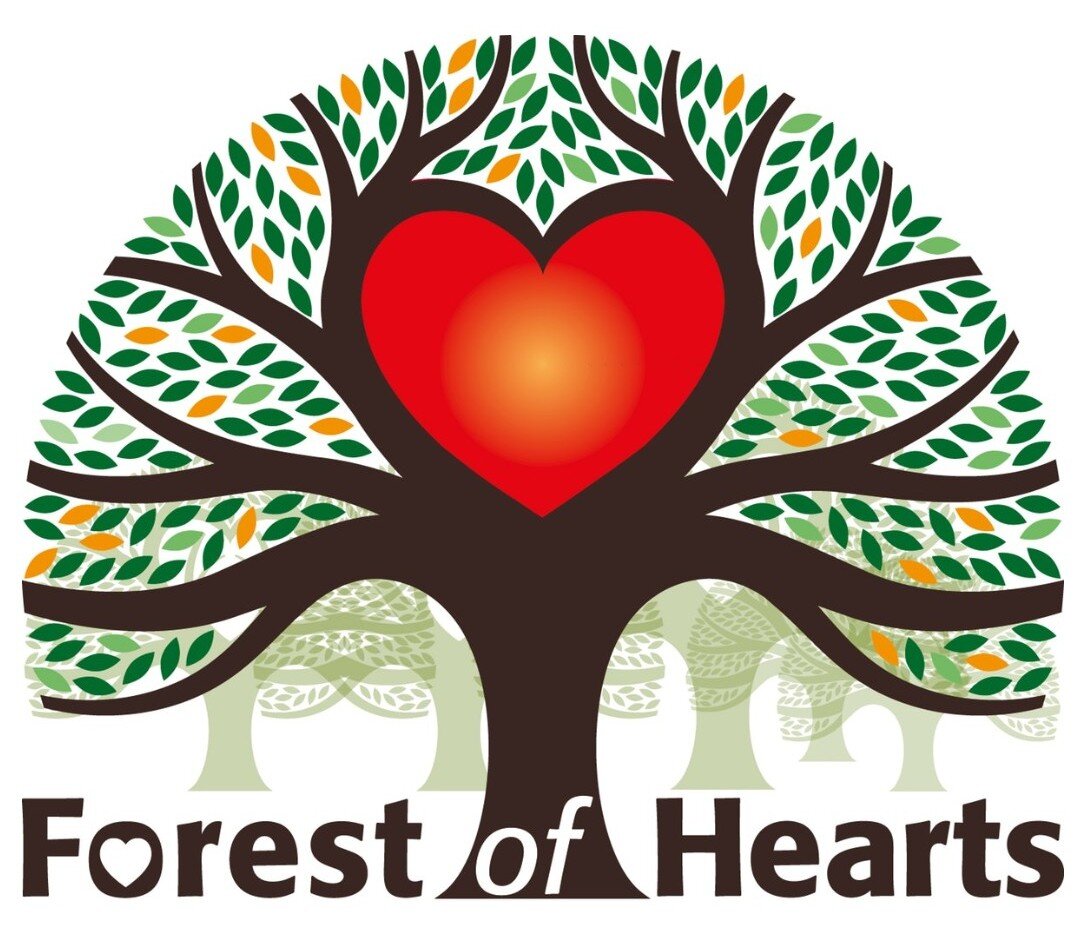Guest blog: The importance of focusing on what is already growing well
By Ann Johnson.
I have just started attending a new training course called Appreciative Inquiry; when I was offered a place on the course my first questions were ‘what is it? And how can it help me learn and develop?’.
In a business context it is a way of looking at organisational change which focuses on identifying and doing more of what is already working, rather than looking for problems and trying to fix them. It makes rapid strategic change possible by focusing on the core strengths of an organisation and then using those strengths to reshape the future.
Having now completed all my pre training studies I have begun to wonder how it might help me understand things outside of a business environment and perhaps even applying it to growing plants, fruit and vegetables in the garden. Put simply it would mean instead of just looking at the plants that did not grow or provide much fruit and asking what went wrong? it is about reflecting on the ones that grew well and bore much reward and saying what went right?
The reason for doing this is because what was present in what went wrong in the growing of our plants might also be present in the plants that grew well and we need to examine this, for example in both there might have been: the same soil; the same weather conditions the same aspect.
So, if we only looked at what went wrong, we might say it was the soil, the weather conditions etc without stopping to think that it did not impact on those that flourished. It might be the ones that did well we understood more? We took the time to read the labels or look up the how to grow them; maybe we spent more time on the early development and pruned them more.
The importance of Appreciate Inquiry technique in this example is to look at and learn from what created the environment for things to grow well and learn from this; it might also make us feel more positive in trying again. Of course, what we might learn is the ones that have grown well are those that are best suited to our soil and where we have placed them; so, what lessons can we learn about planting:
Gardeners World provide us with the 10 top tips:
1. Get to know your garden.
2. Plan your garden.
3. Learn how to plant.
4. Feed and water plants regularly.
5. Start small.
6. Keep an eye on pests.
7. Make use of compost.
8. Don't be afraid to prune.
9. Be kind to wildlife
10. Enjoy your garden
I think my favourite is the last one; no 10
To read more about the top 10 tips go to https://www.gardenersworld.com/how-to/grow-plants/gardening-for-beginners-10-tips/
